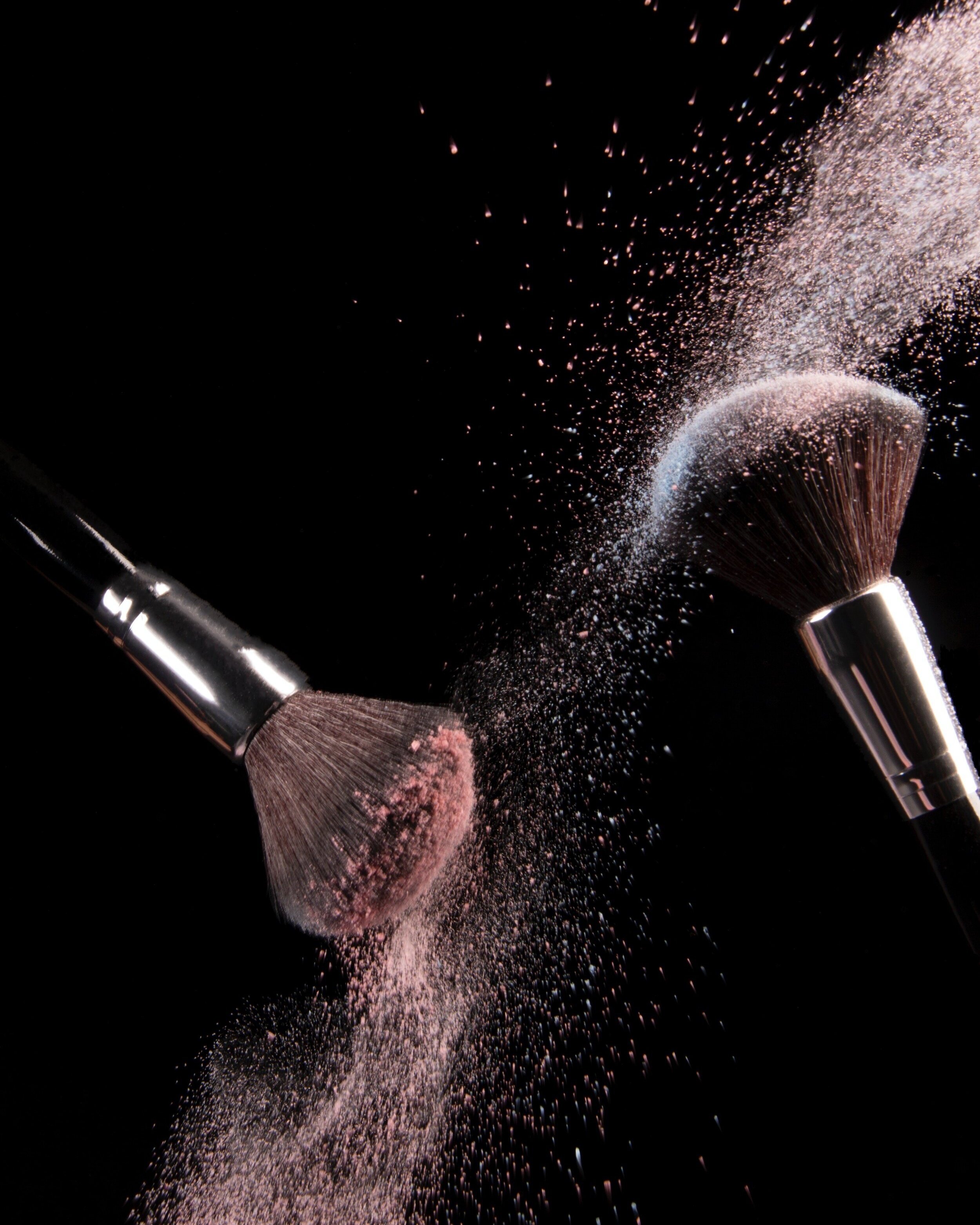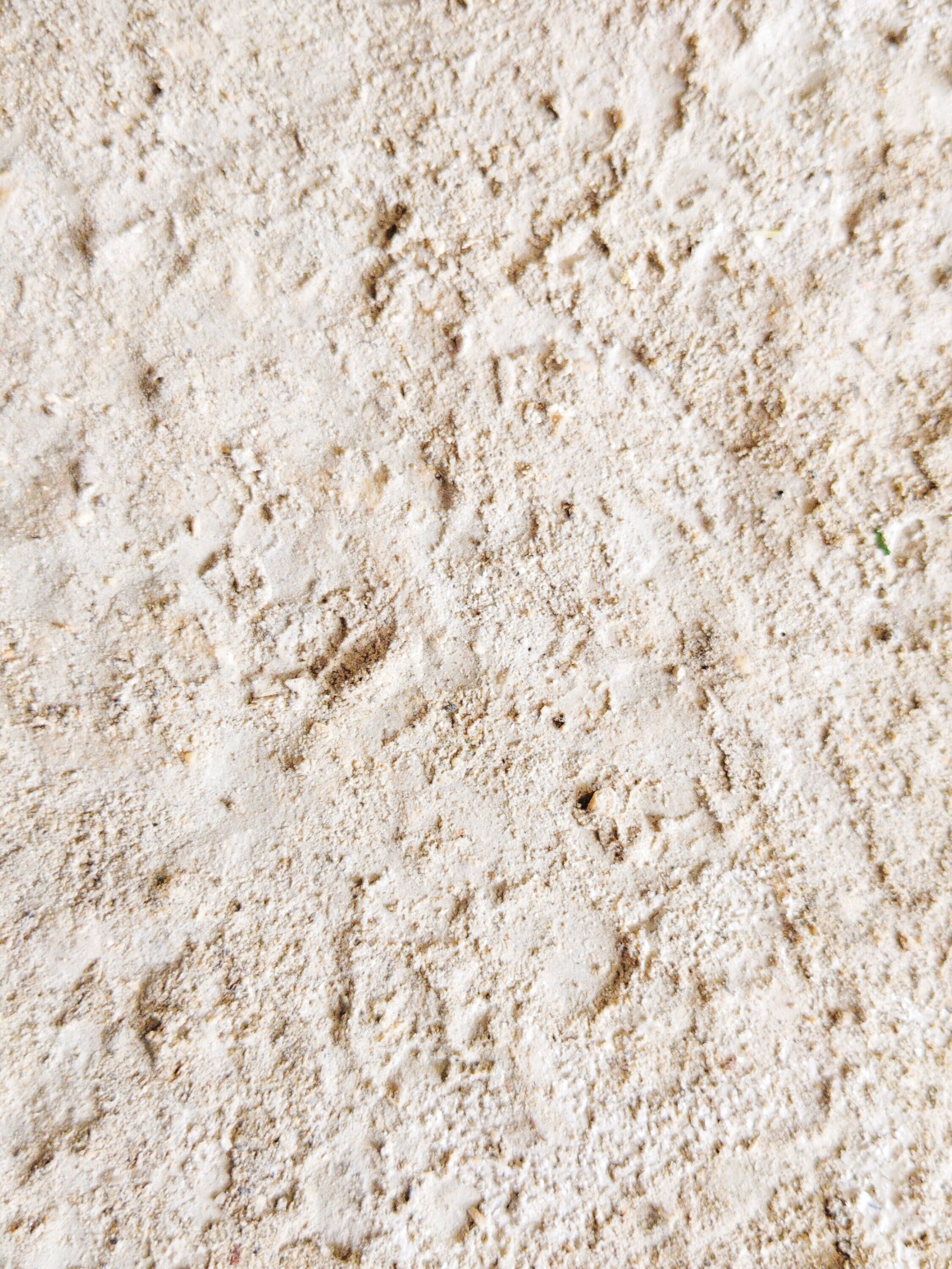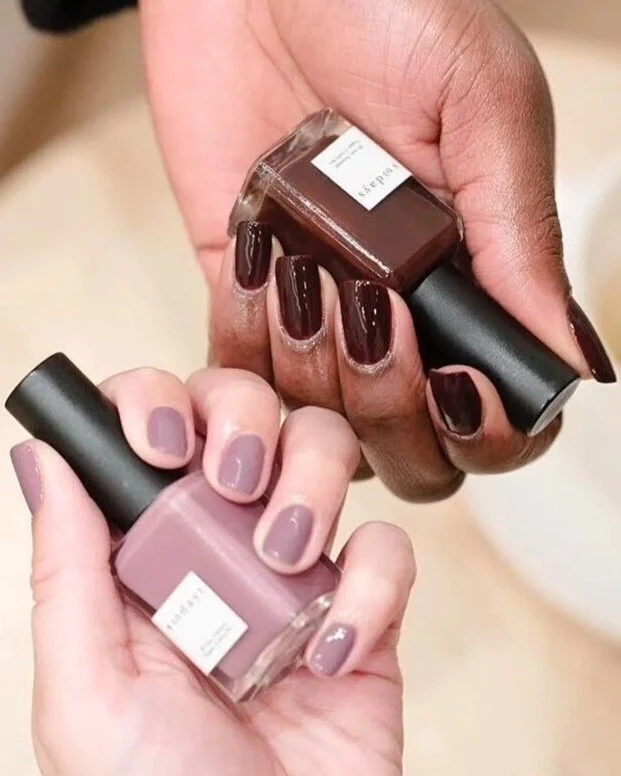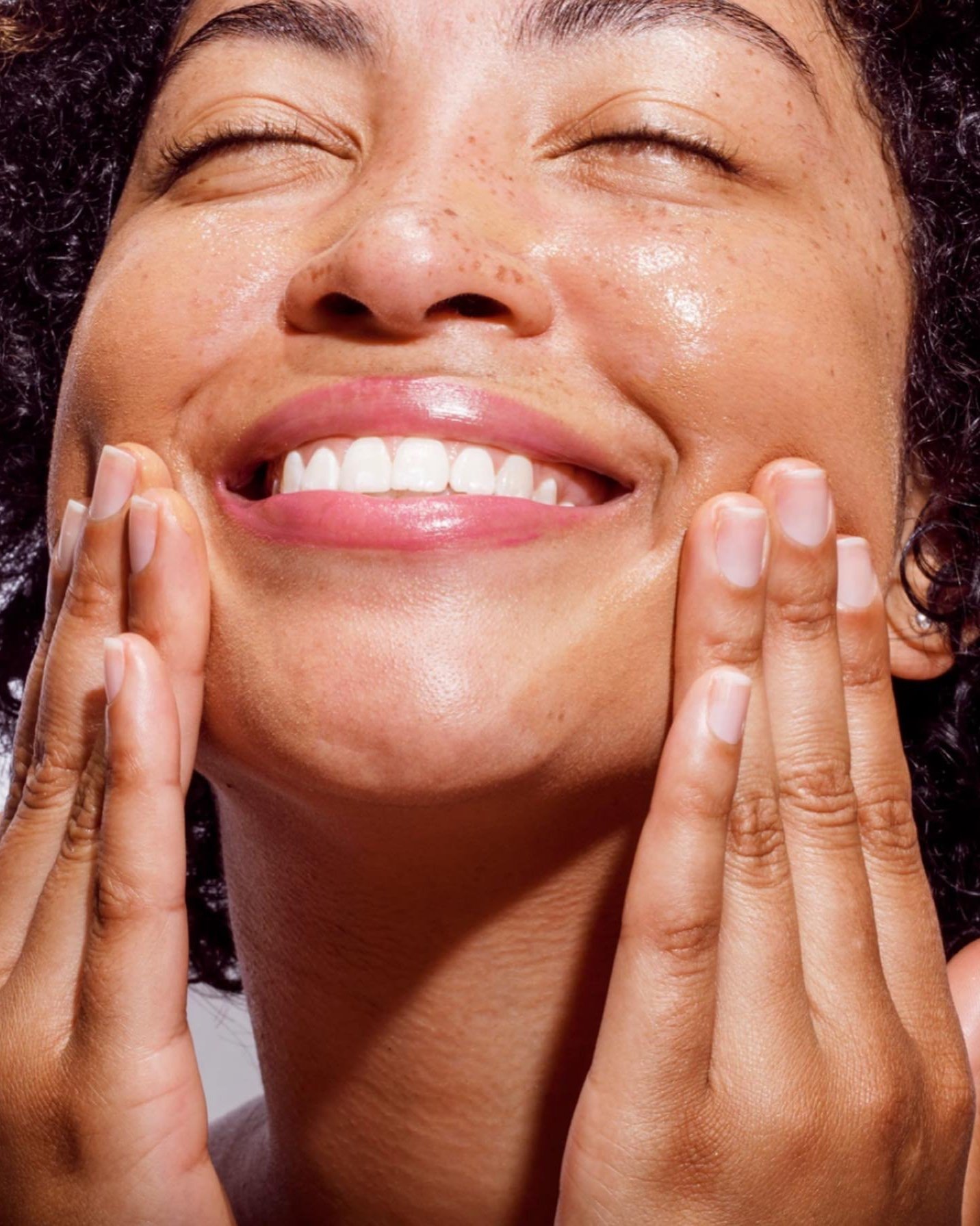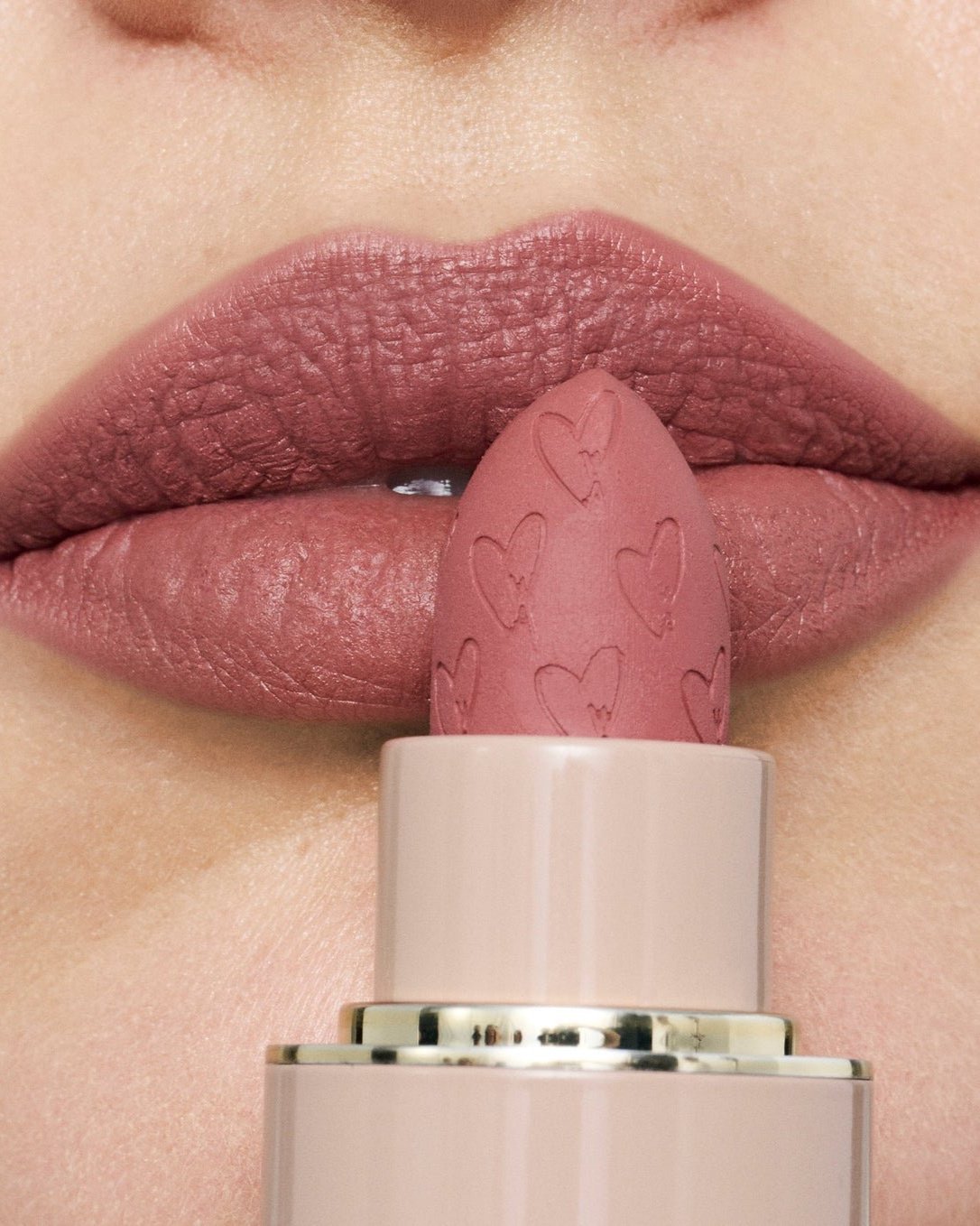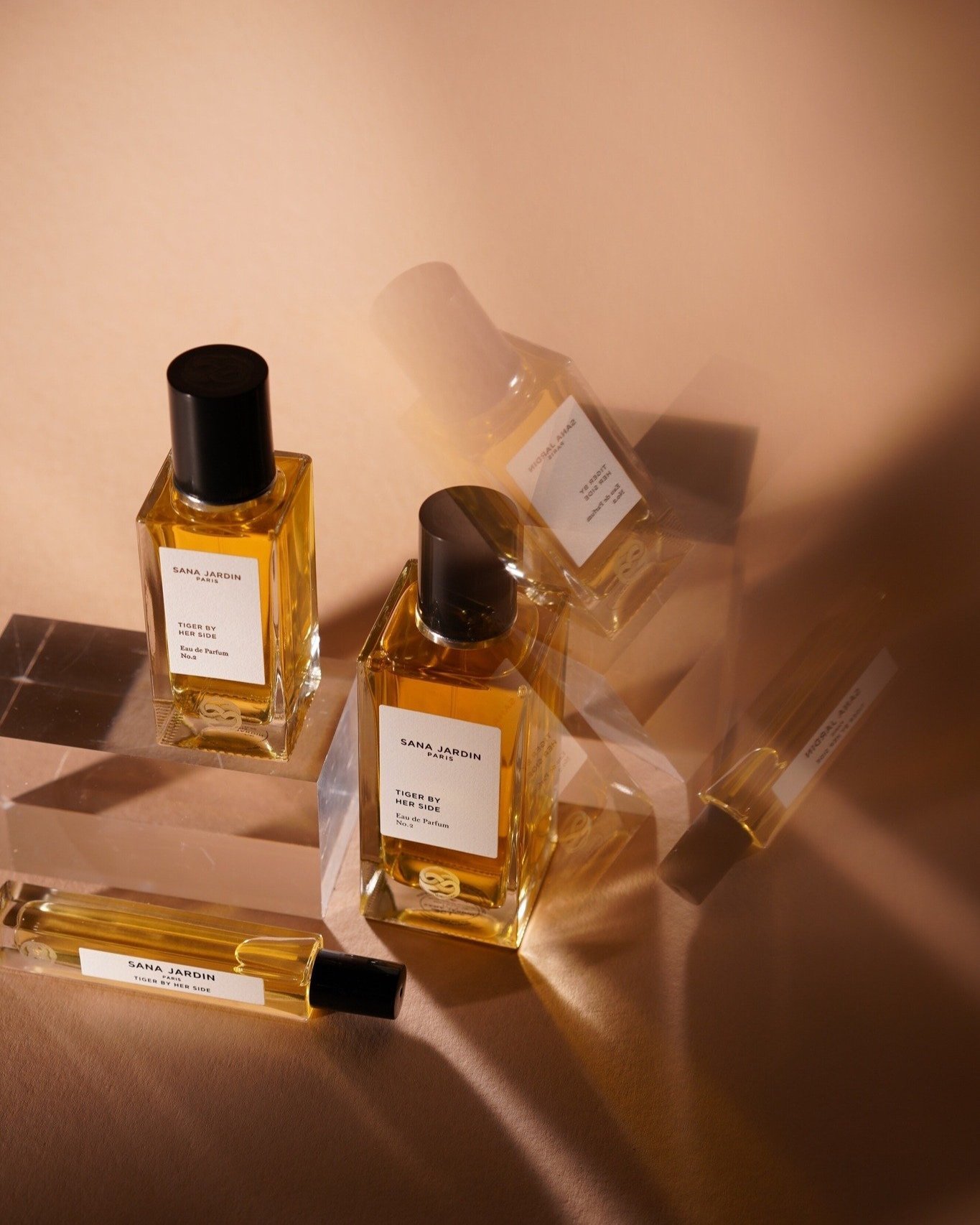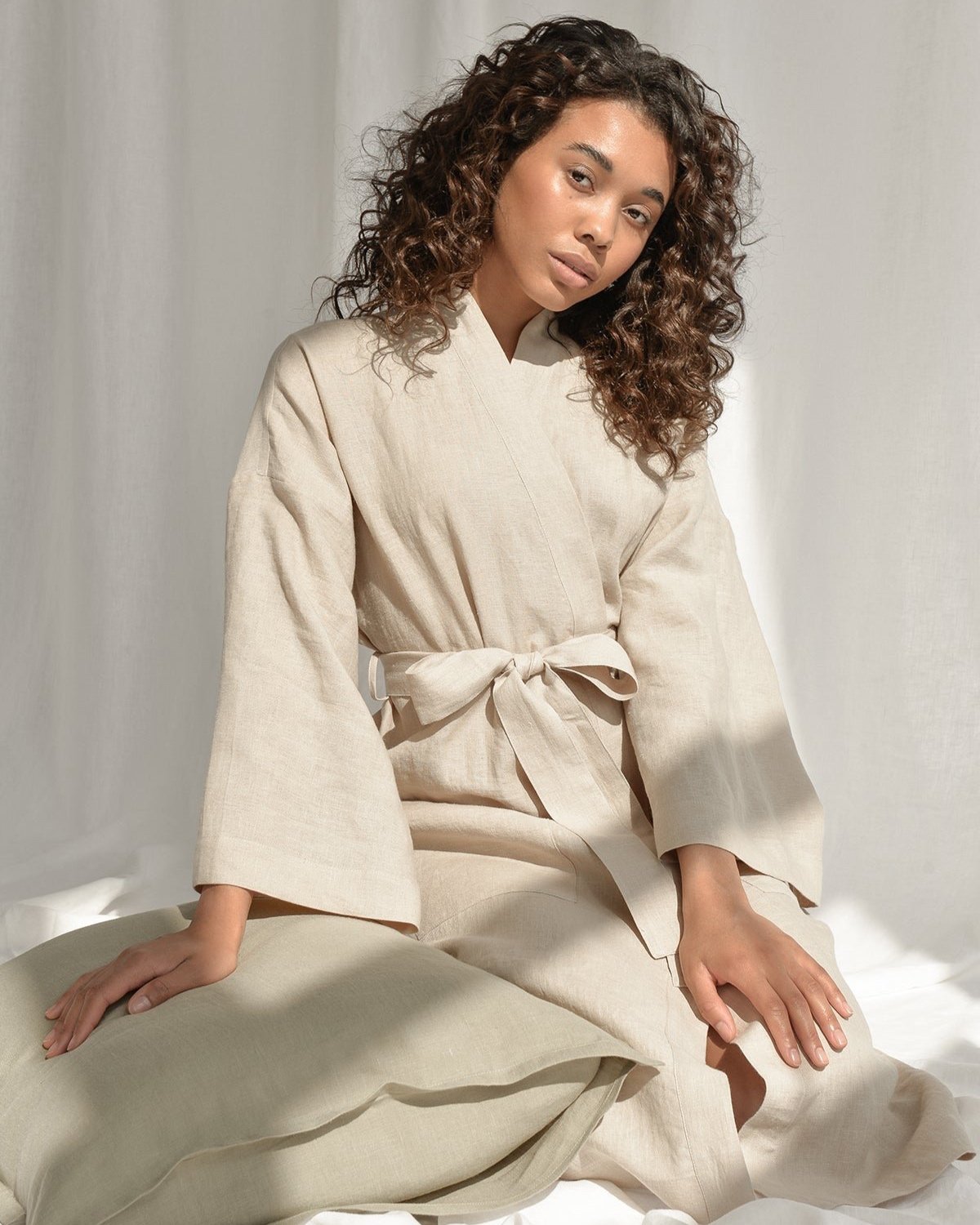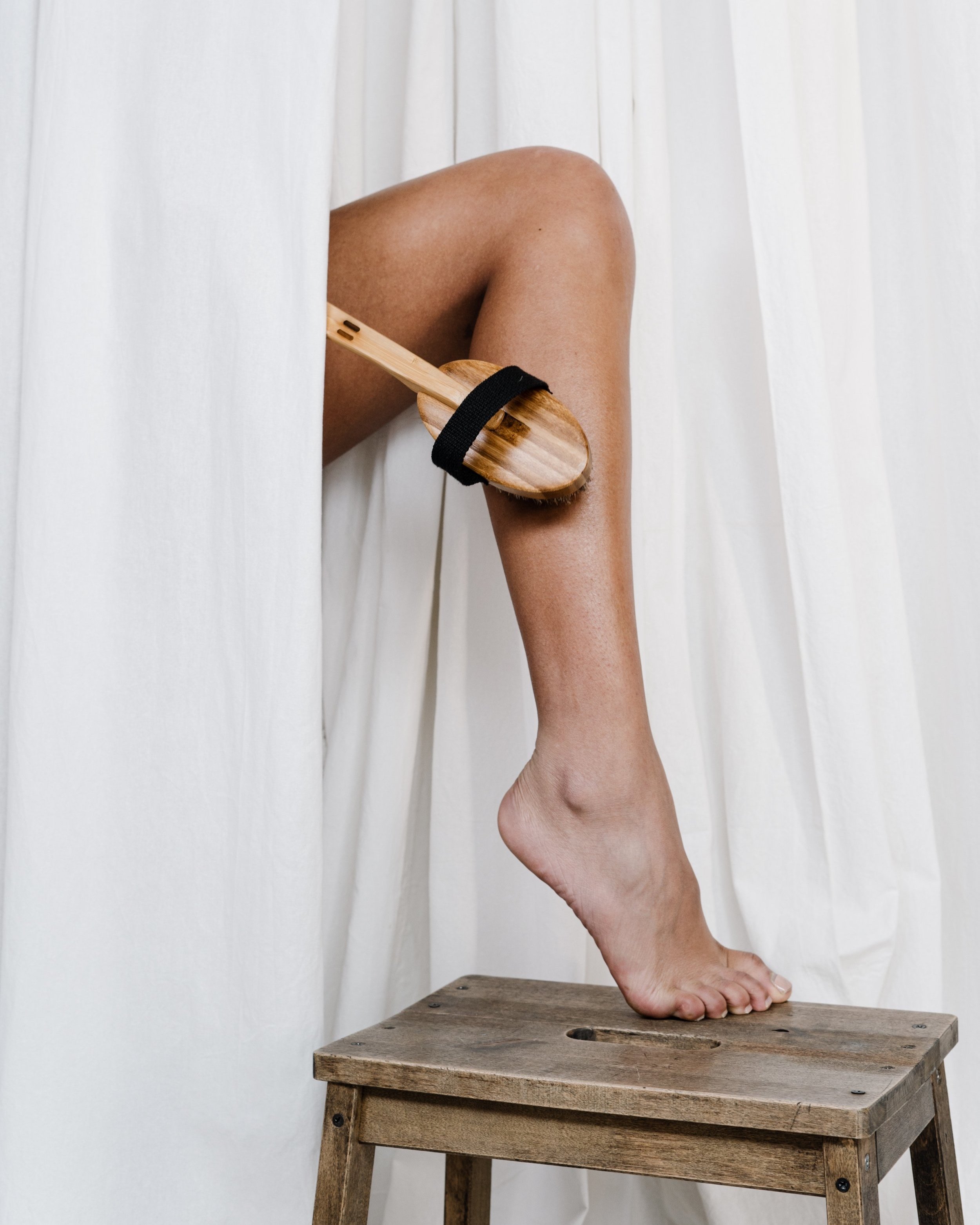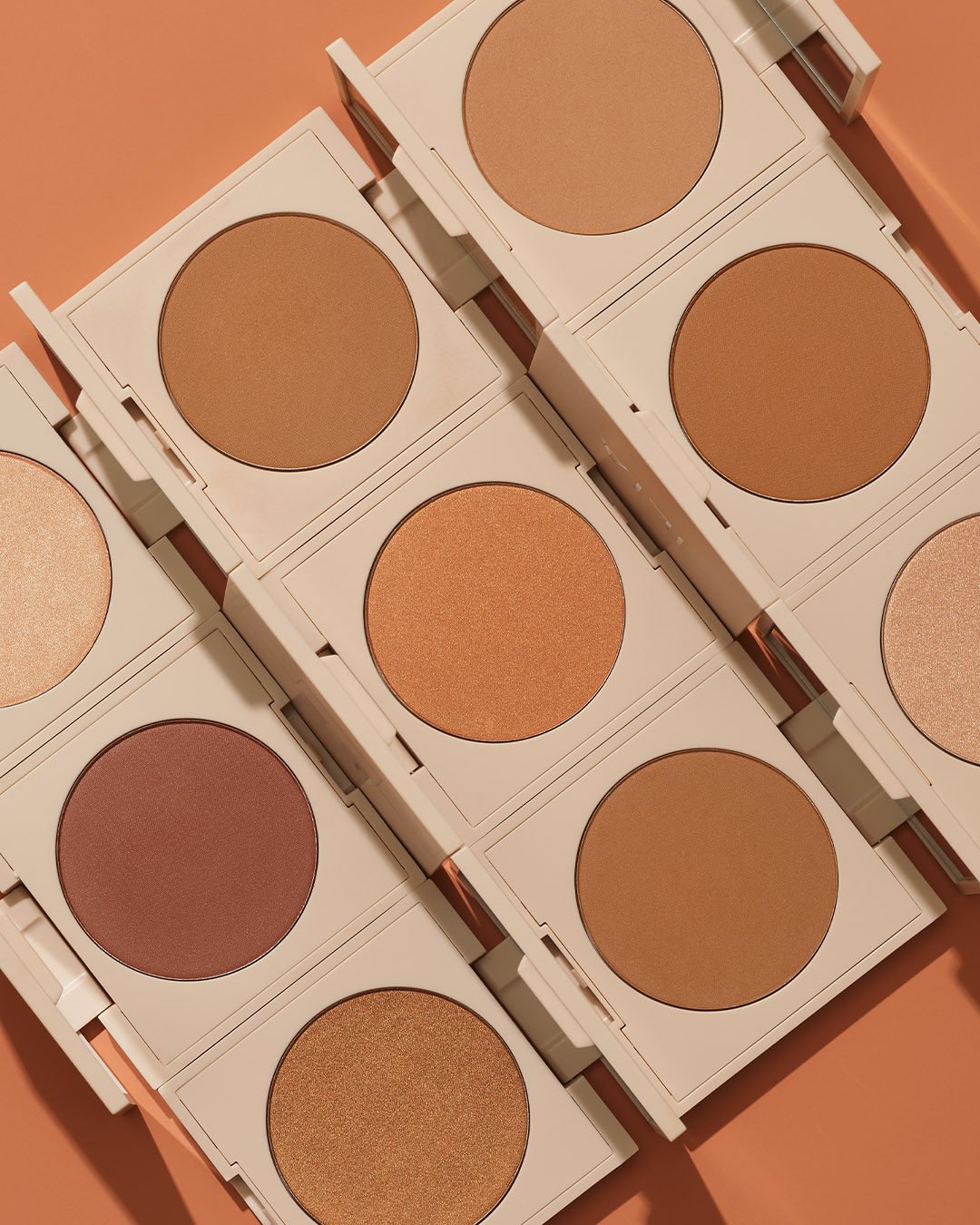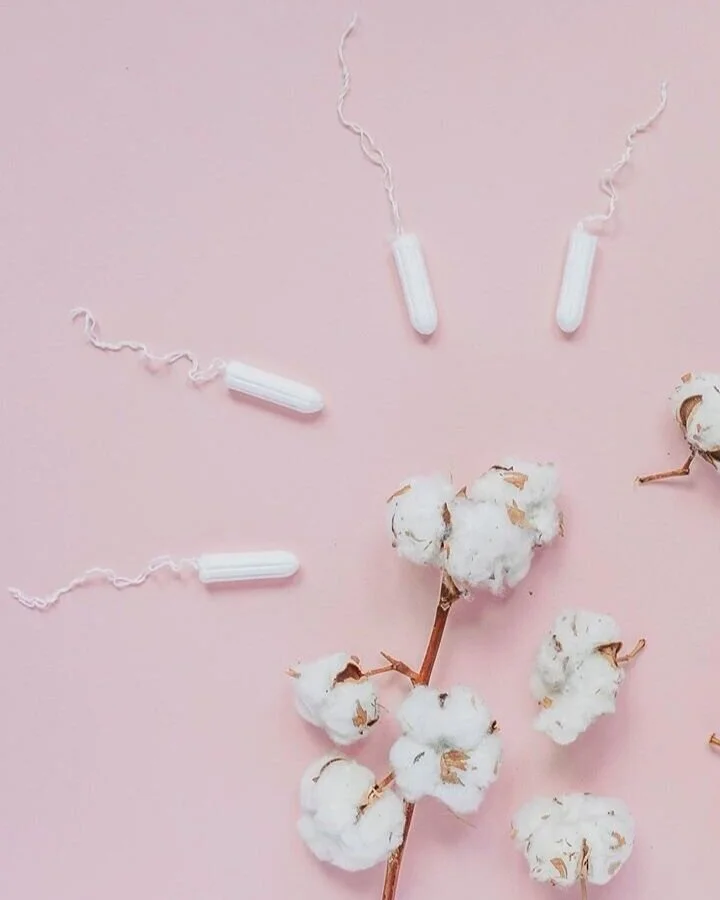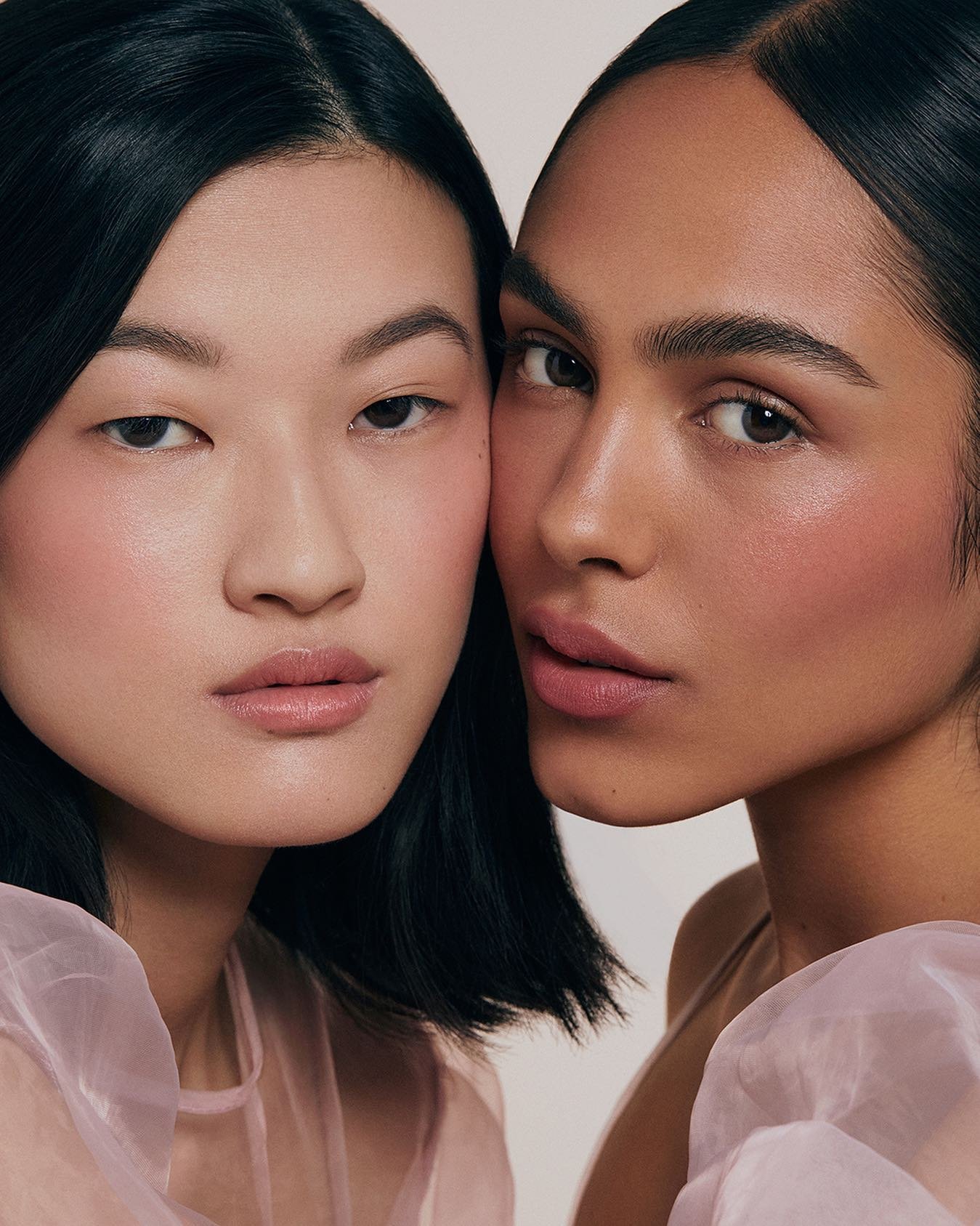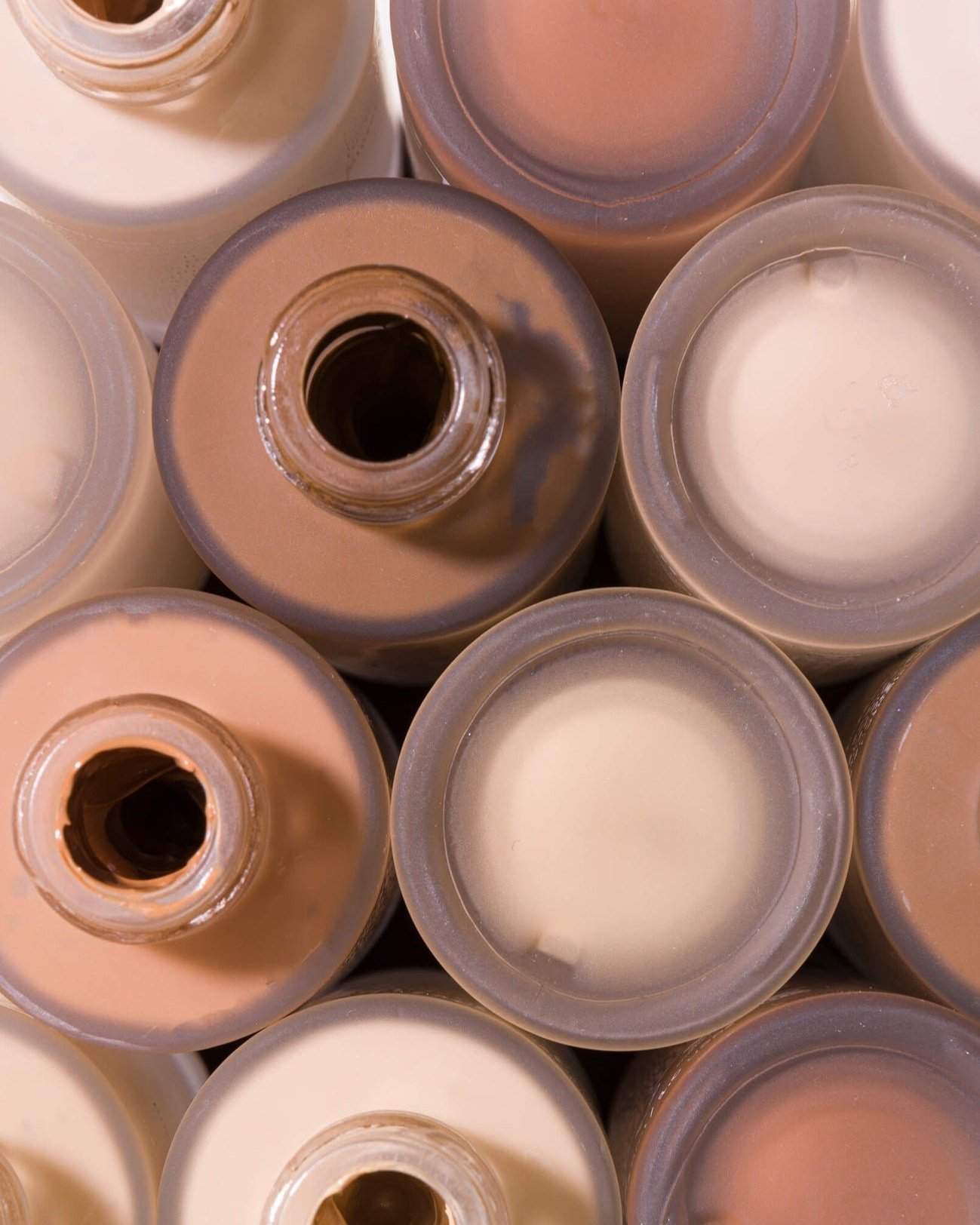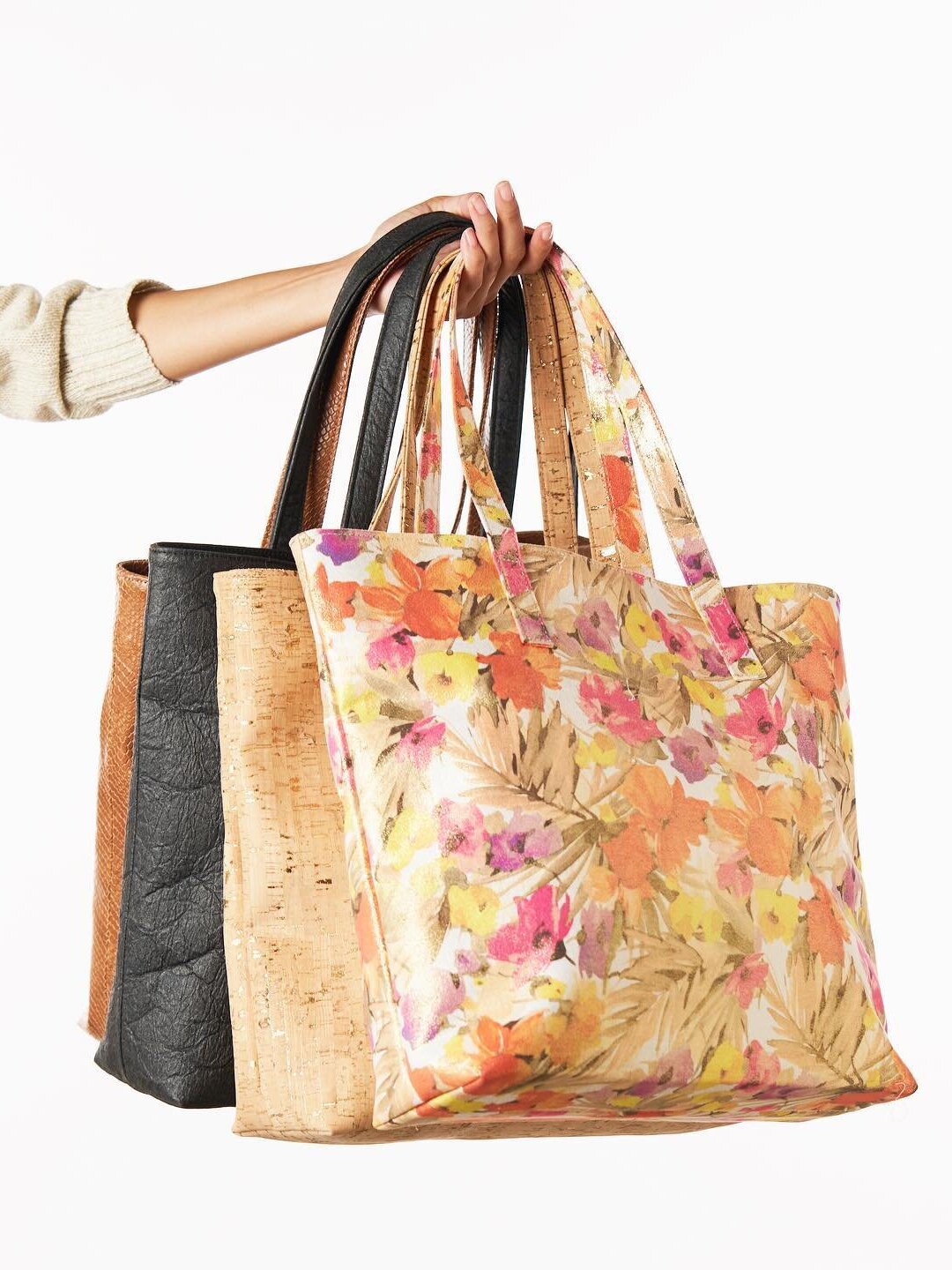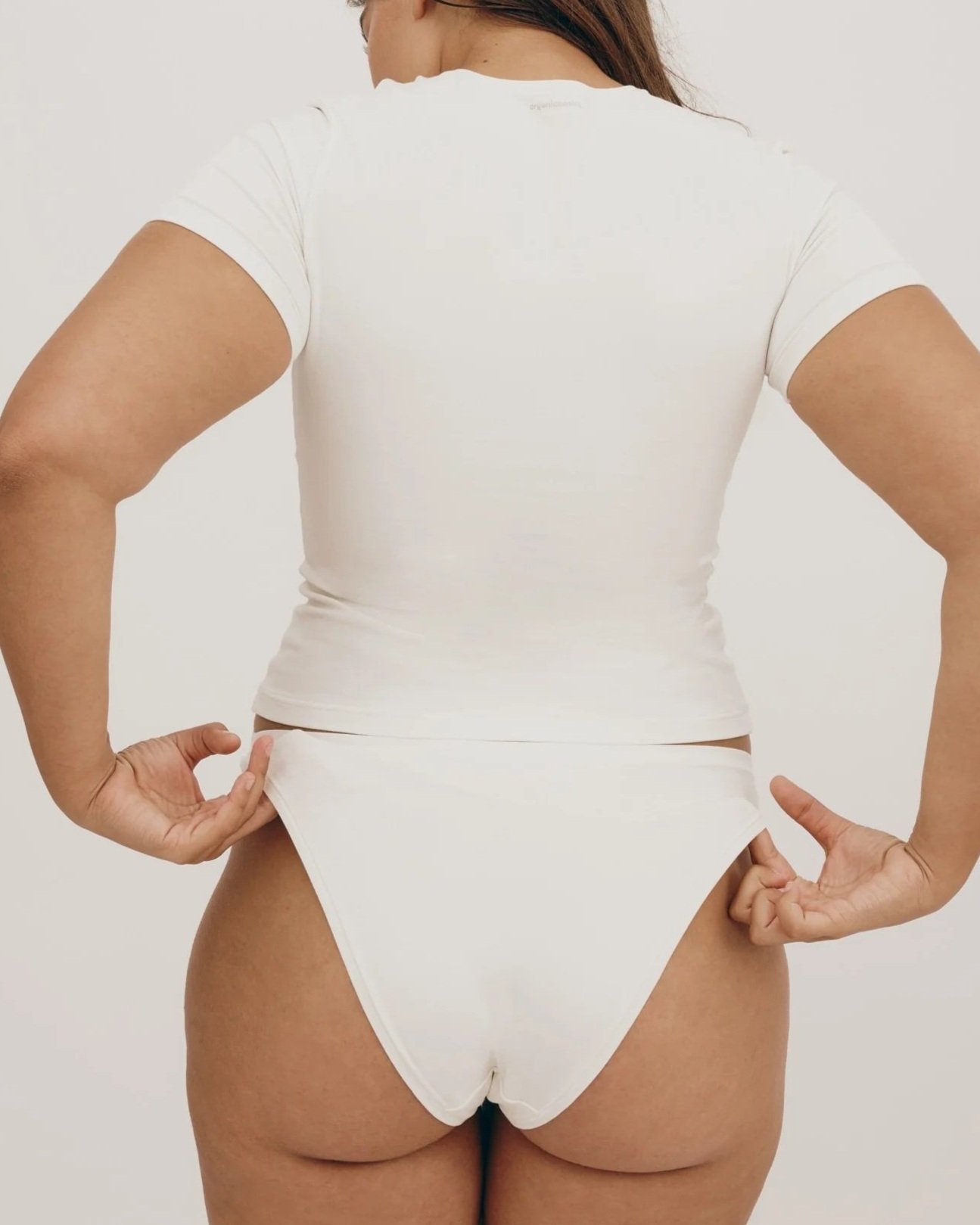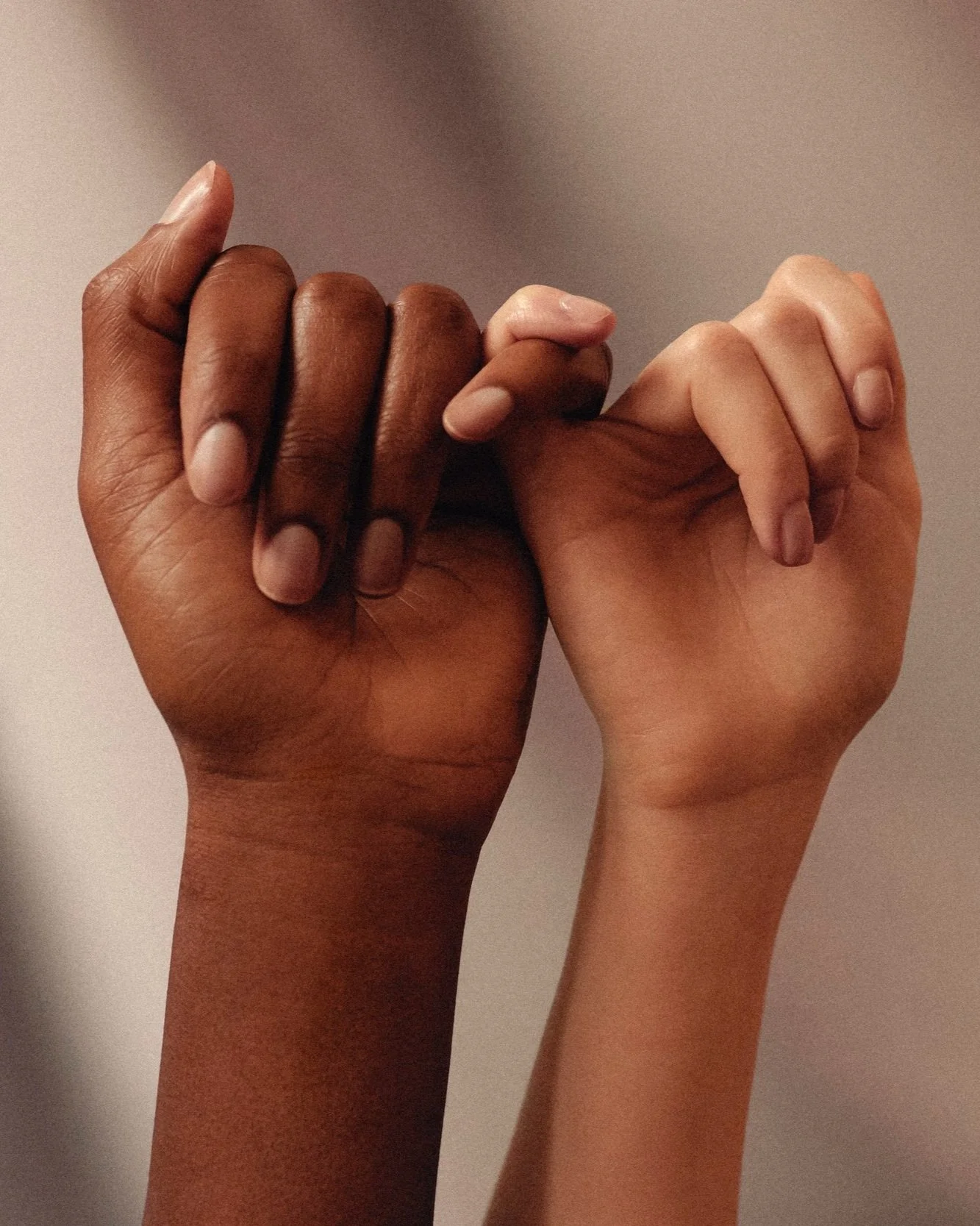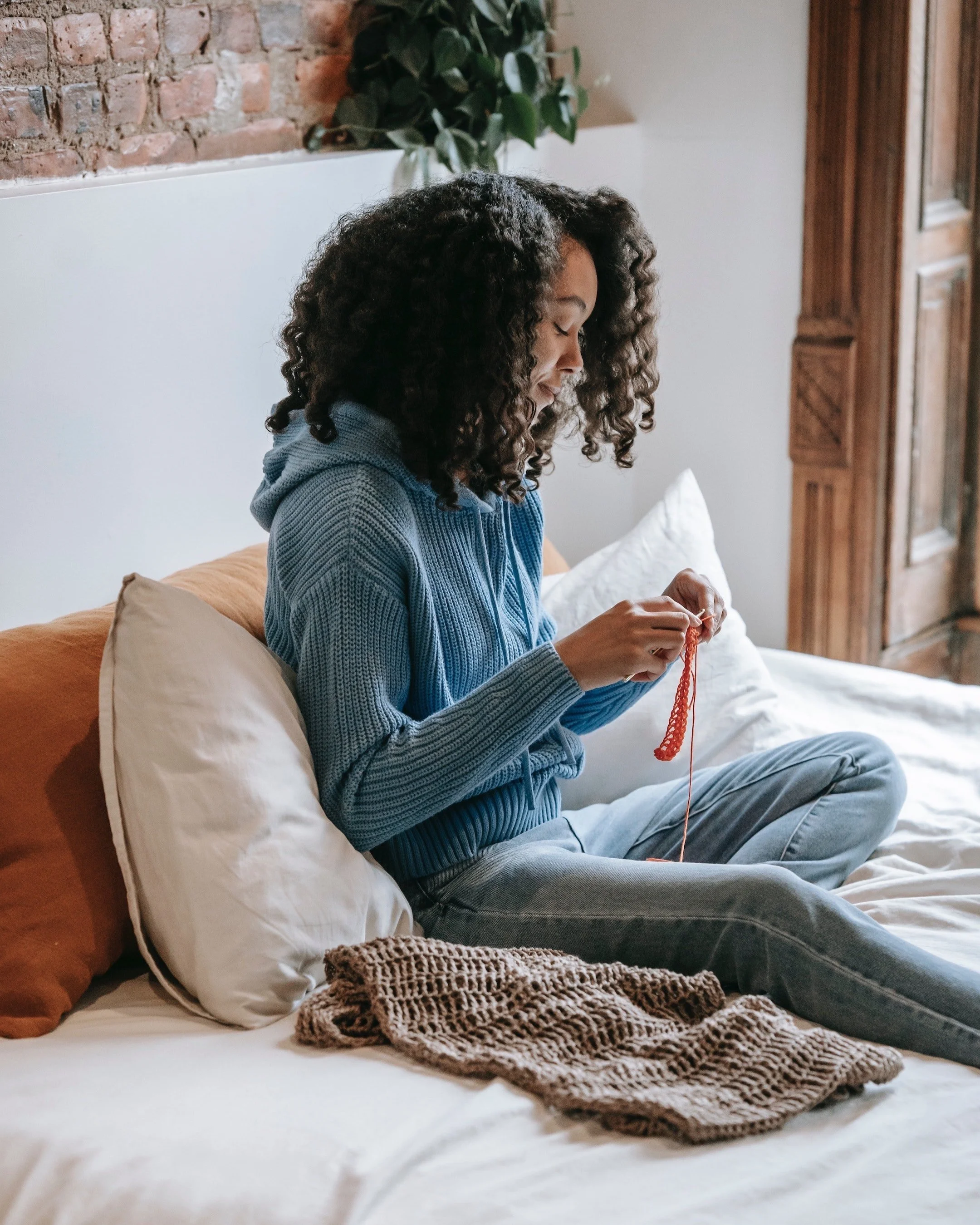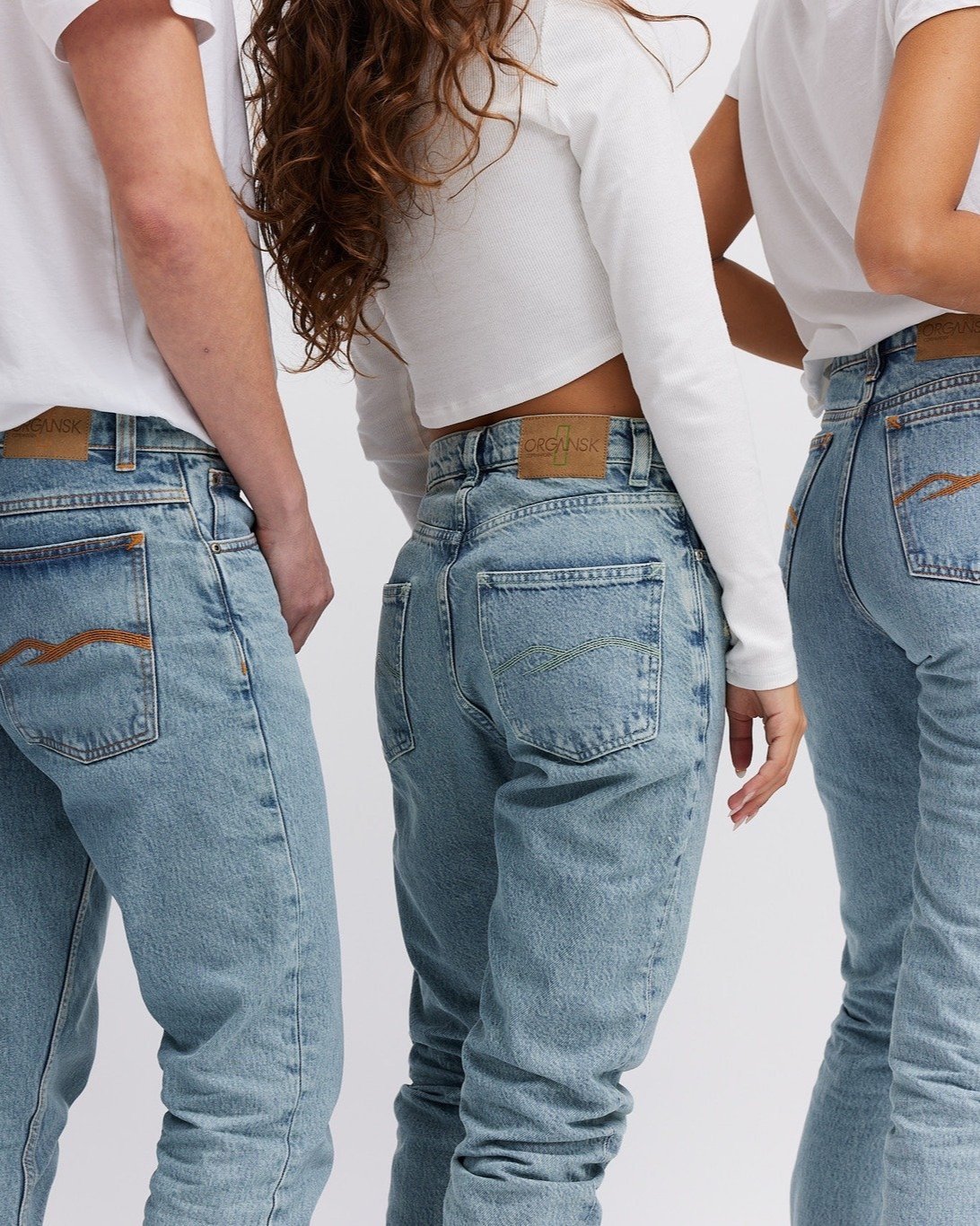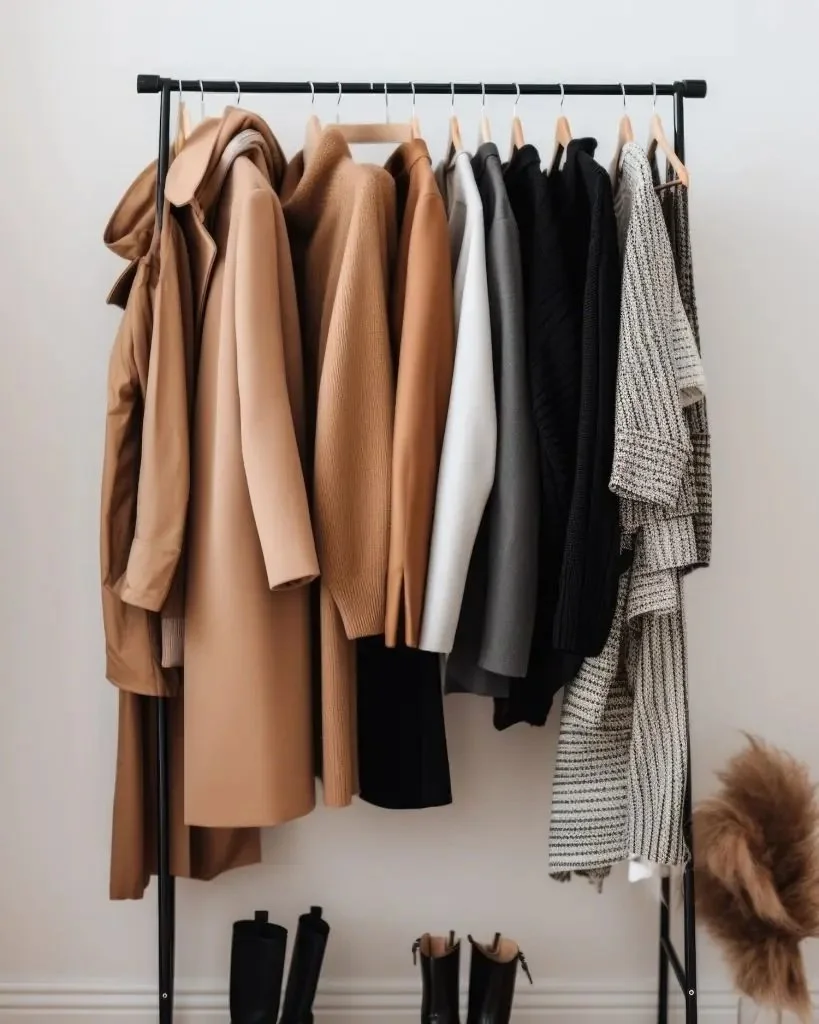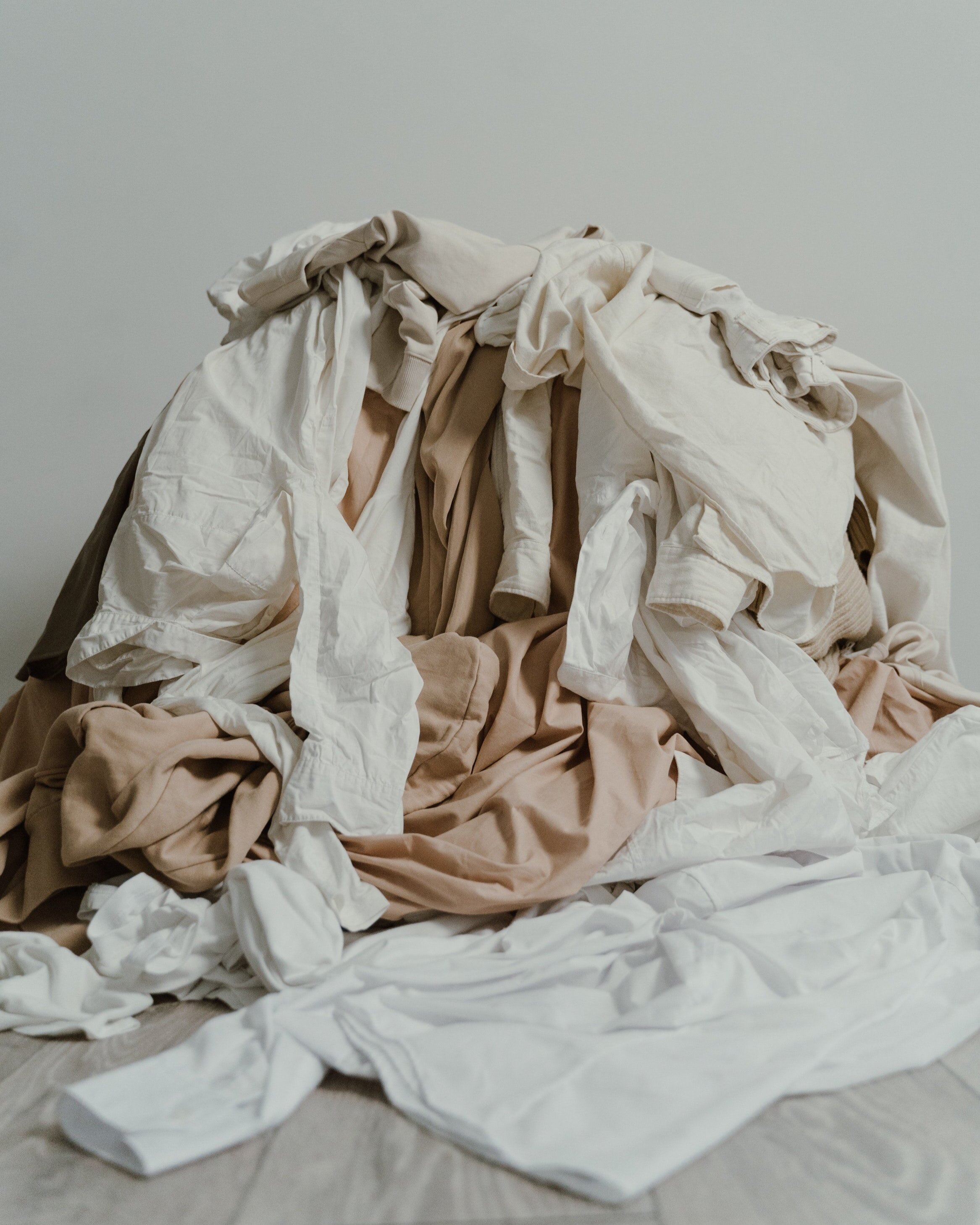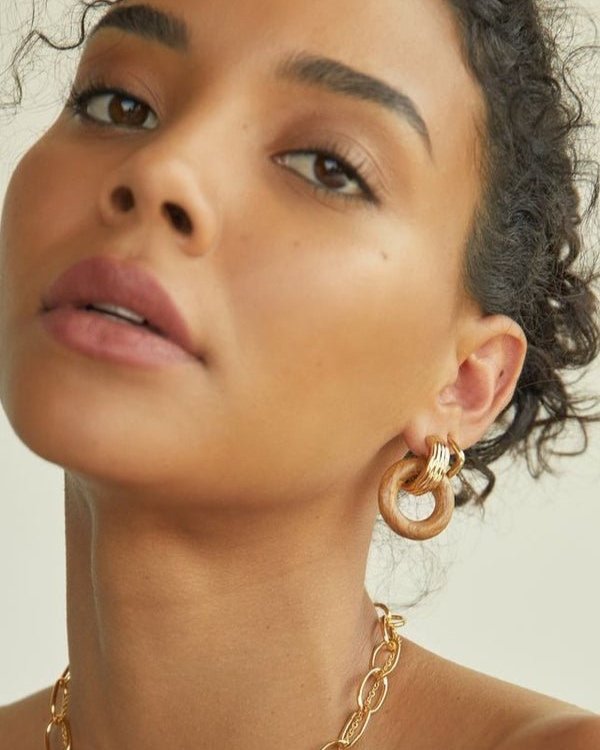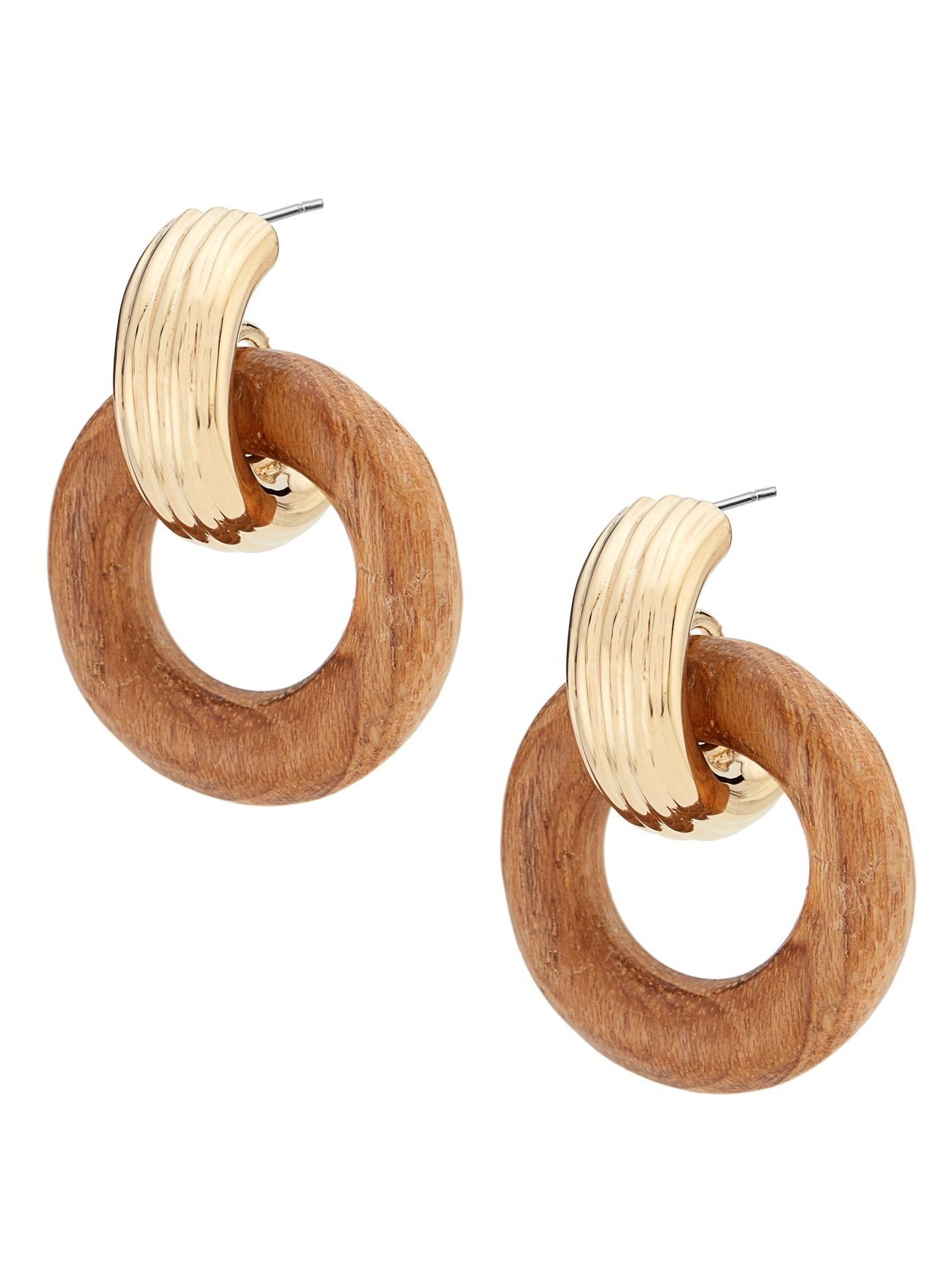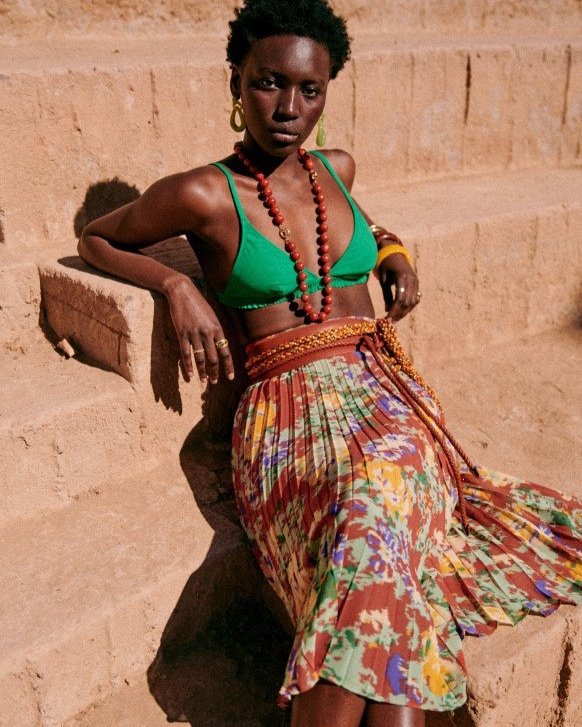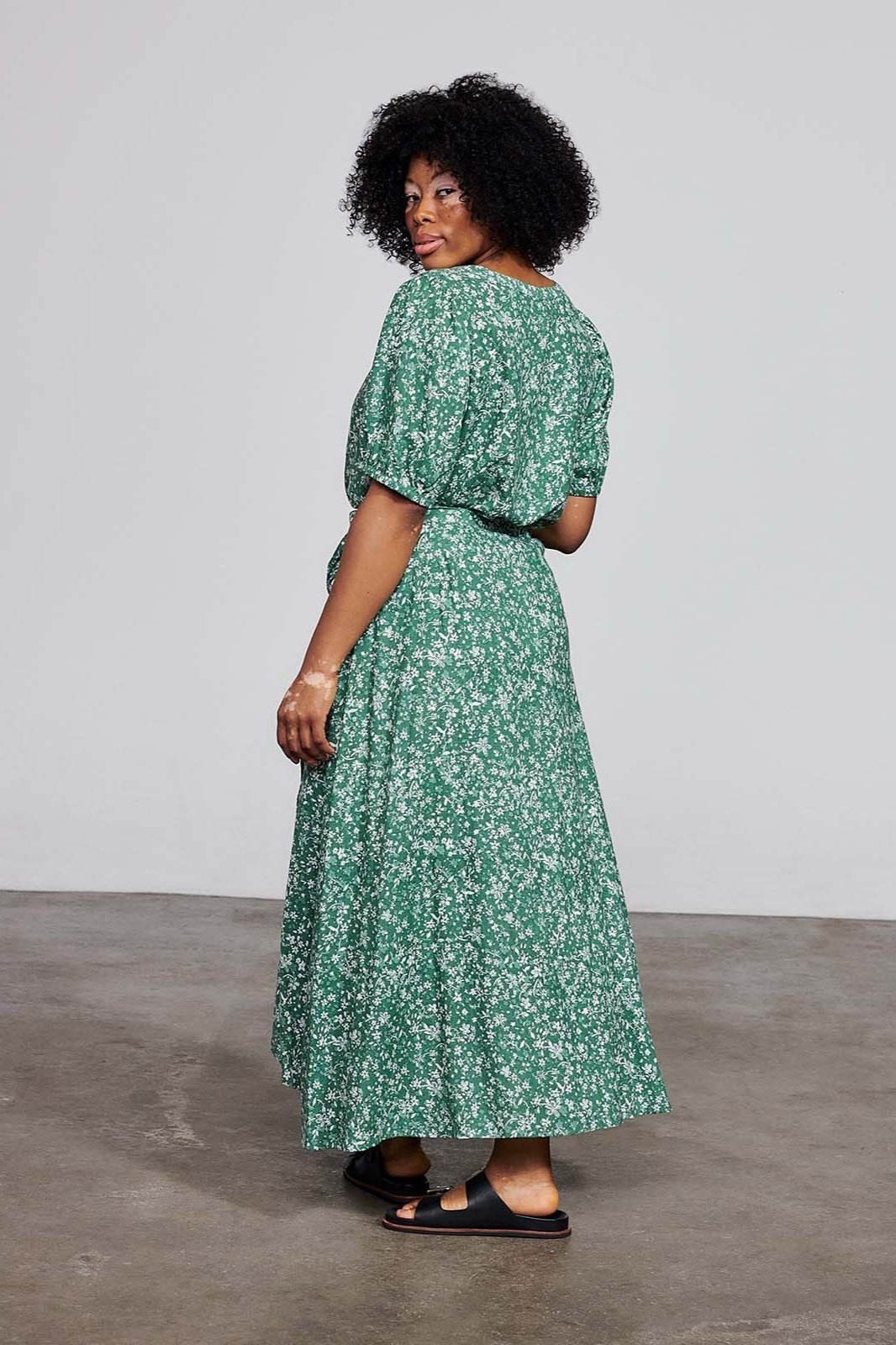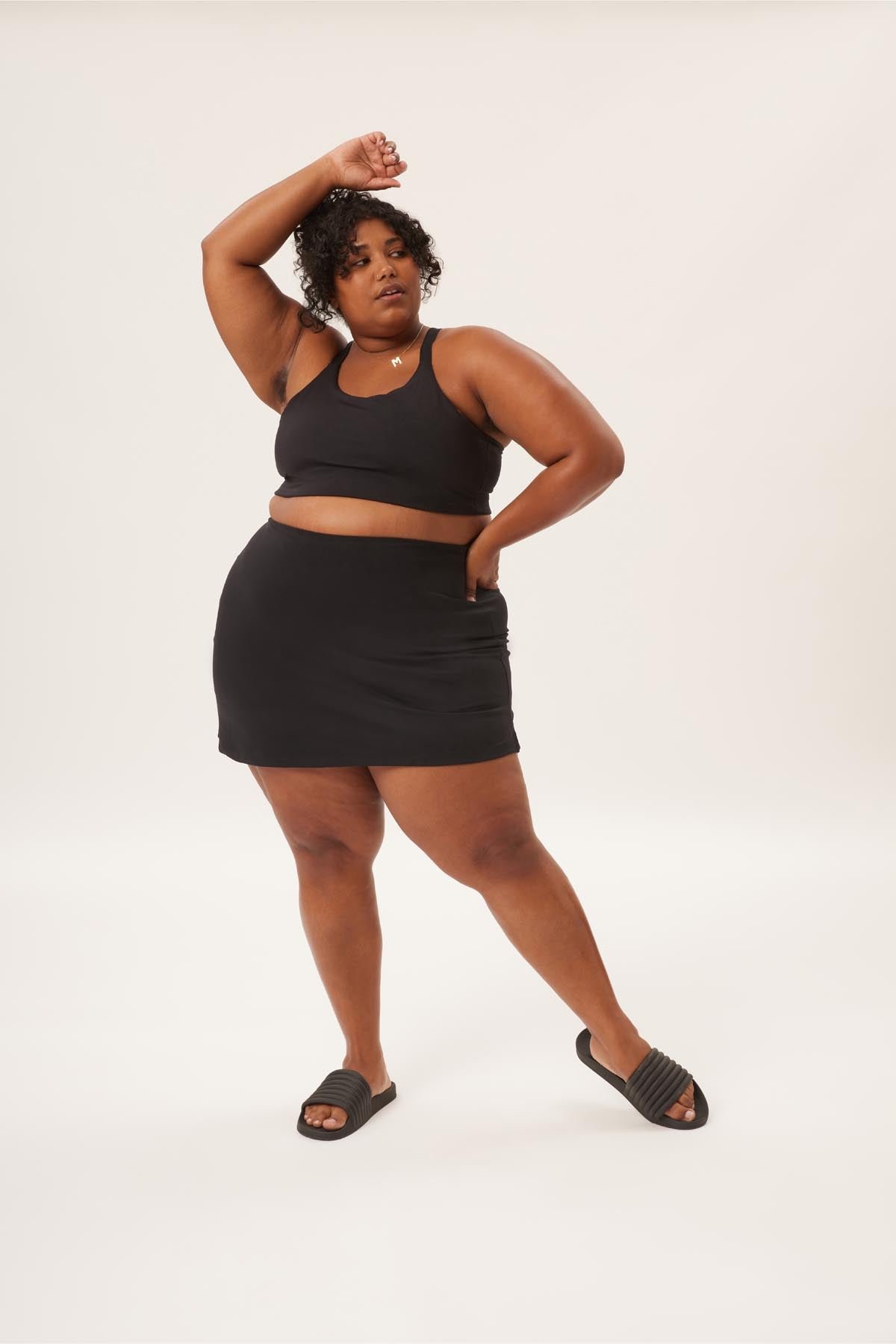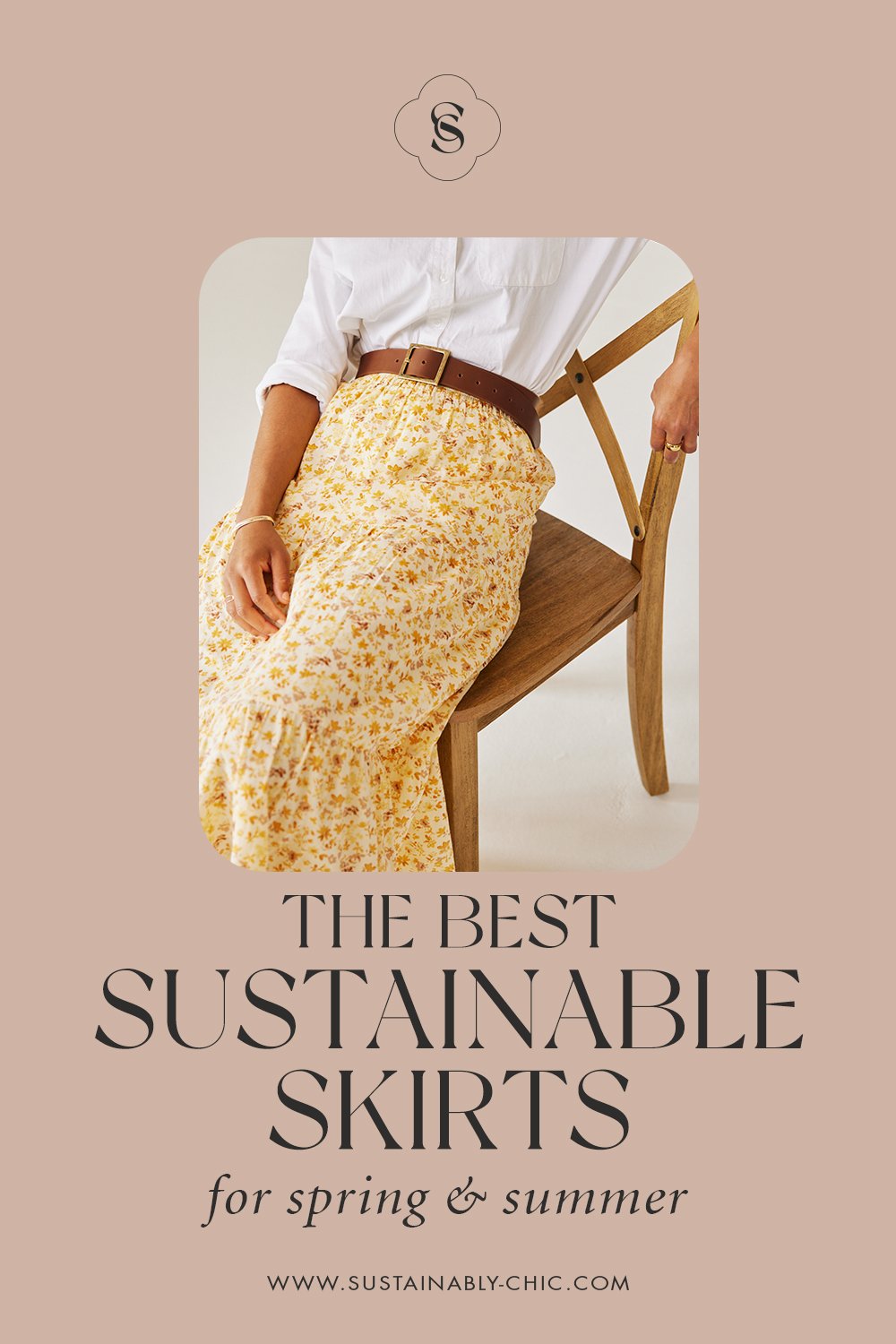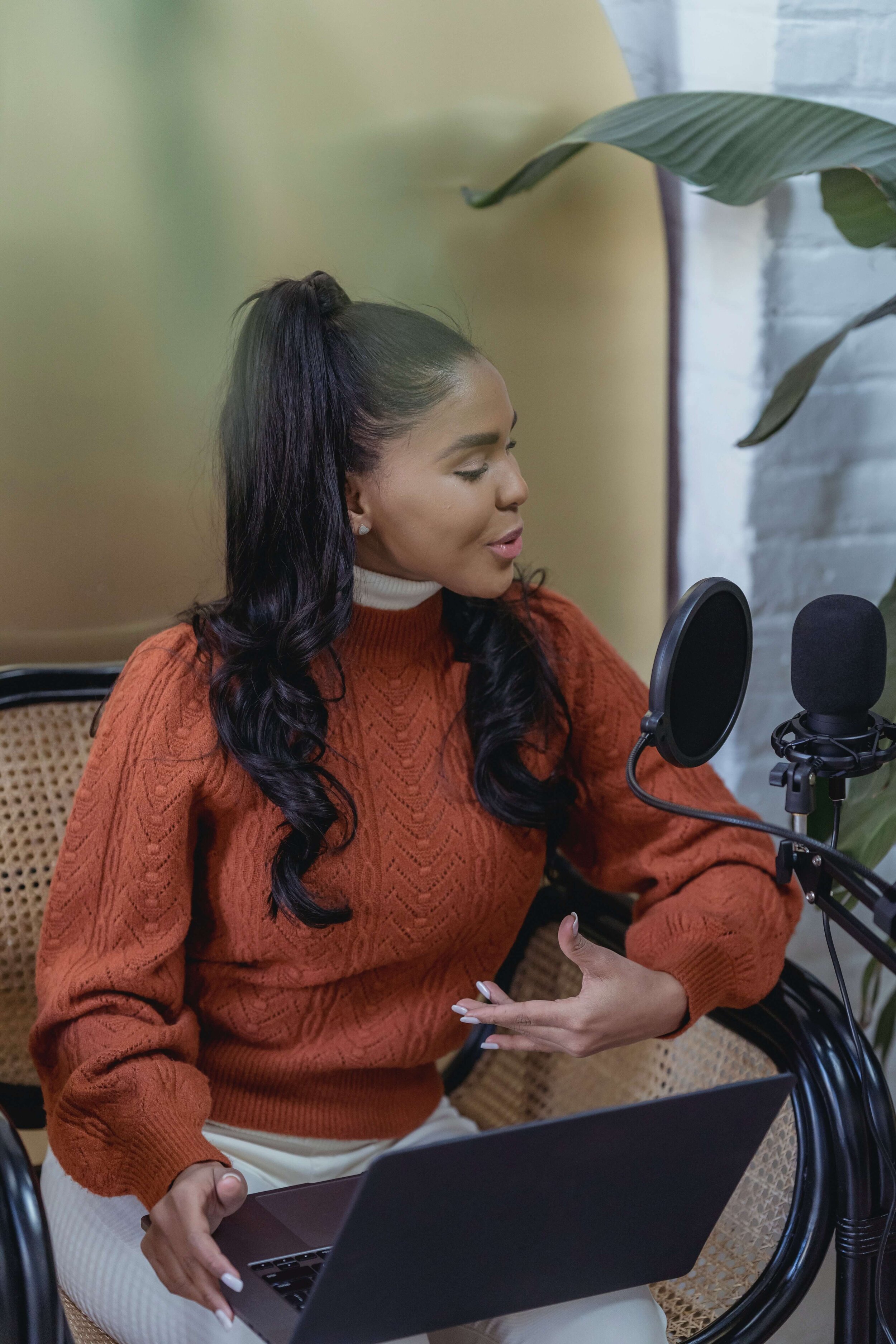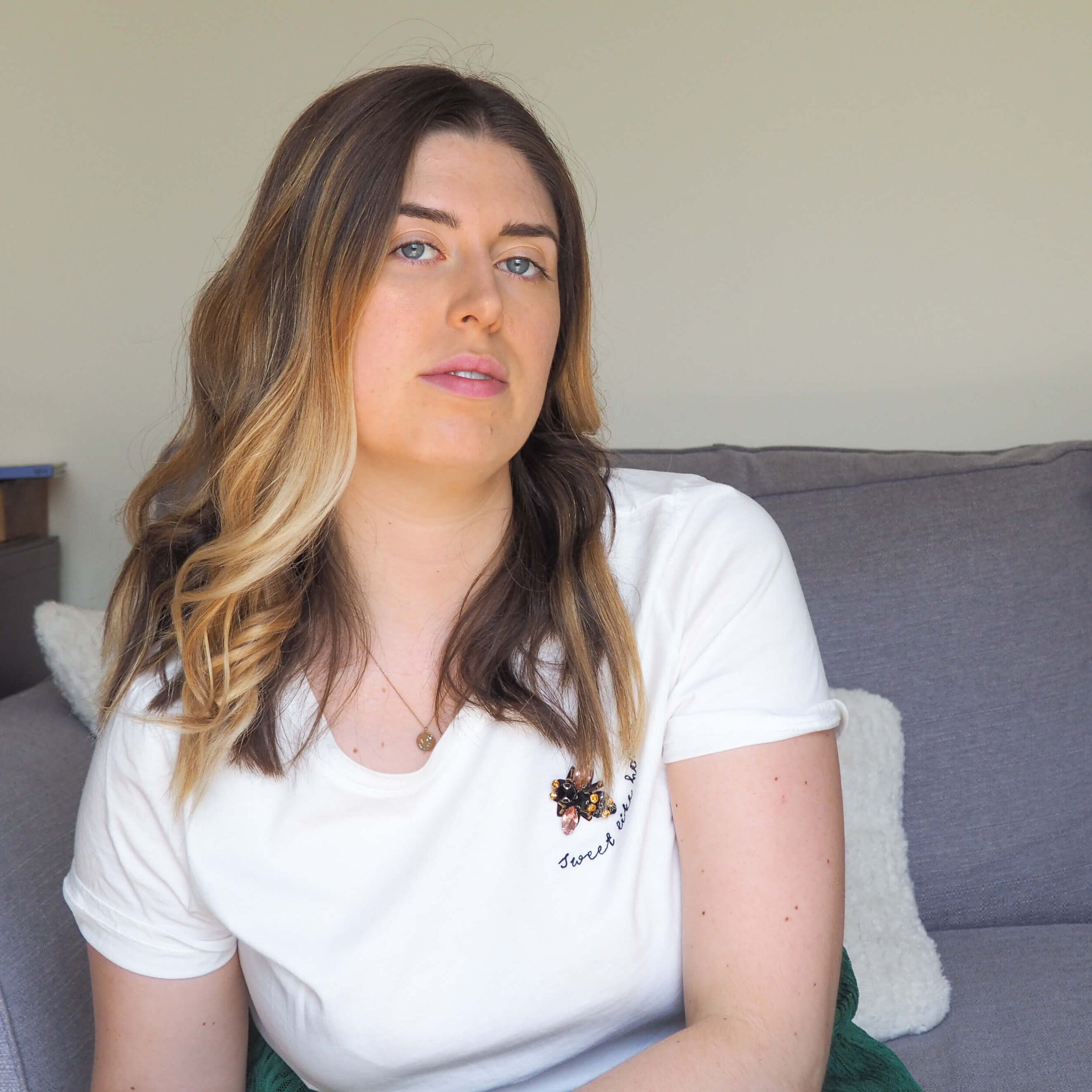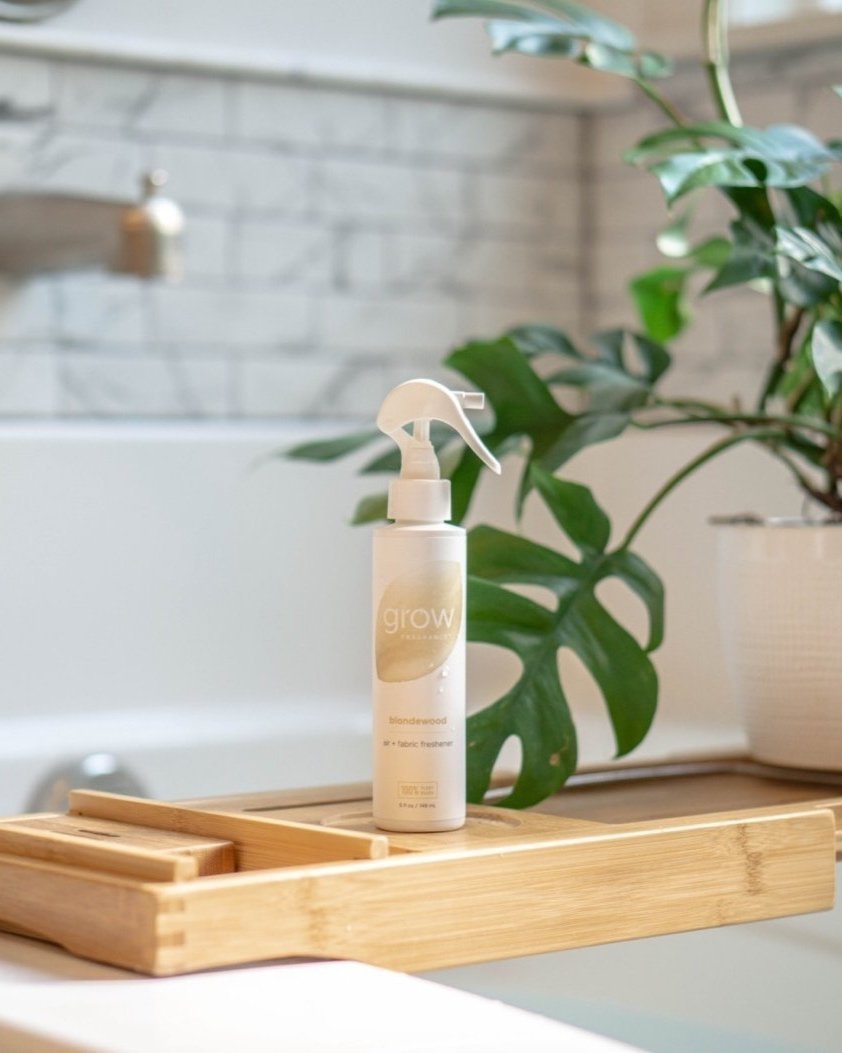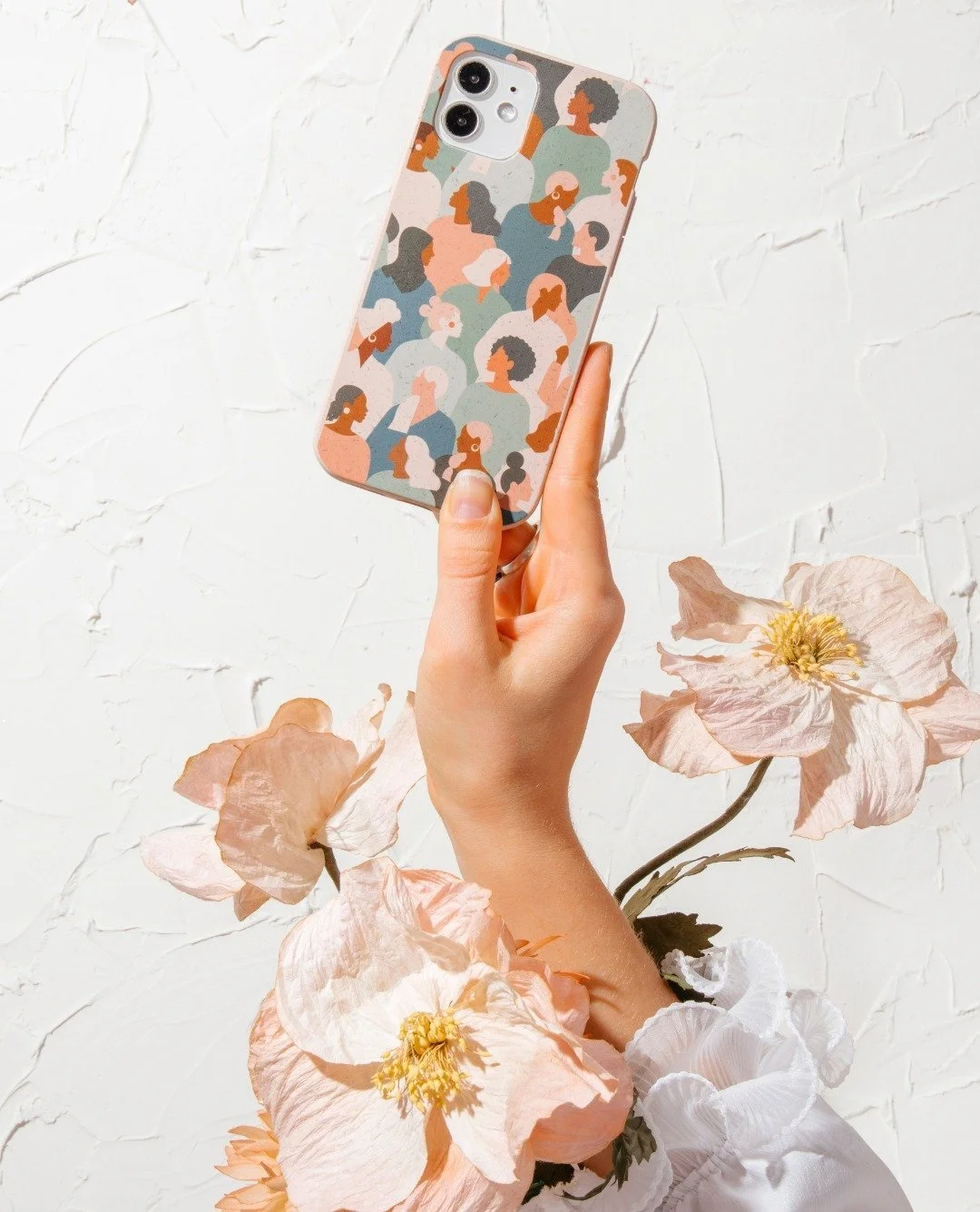Why You Should Avoid Talc
It’s time to talk about talc. In its most well-known form, Baby Powder, corporations claim it can diminish body odor, ease rashes, minimize sweating, treat sunburn, improve freshness, and more. Talc is used in consumer products like makeup, chewing gum, paints, polymers, vehicle construction, and appliances, making it hard to avoid.
Despite the supposed benefits of talc, it can cause a host of problems for human health. The inclusion of talc in personal care and cosmetic products has been linked to asbestos exposure, cancer, lung disease, and more. So why is talc still included in so many everyday items?
Here’s what to know about what talc really is, how it can negatively affect you, and how to avoid it in your daily routine.
What is Talc?
Talc is a naturally-occuring mineral composed of magnesium, silicon, and oxygen. It occurs in soft, layered sheets that are easy to harvest. Talcum powder is the result of talc that’s been finely crushed and blended. Once it’s in this state, the smooth, buttery composition makes it perfect for inclusion in a range of products (see this comprehensive list).
Talc is primarily used to enhance the consistency of cosmetics. It’s also an anti-caking agent, making blushes and foundations easier to blend onto the skin. A wide range of cosmetic products include Talc, including eyeshadow, blush, face powder, foundation, bronzer, lipstick, lotion, mascara, and mineral powder.
Talc in Baby Powder
Talcum powder is the base of Baby Powder, which has been marketed as a freshening, moisture-wicking material that boosts hygiene. Johnson & Johnson is the main producer of Baby Powder and has come under the most scrutiny for causing harm.
Baby Powder was originally sold to combat diaper rash in infants, but its use evolved over time. Since mothers were the ones buying Baby Powder, Johnson & Johnson saw an opportunity to sell their product to a new target market: women.
By 1975, Baby Powder was being sold as a trustworthy, freshening agent meant to improve women’s personal hygiene. Meant to keep women “cool and dry,” advertisements from the time feature taglines like, “It’s for when you’re alone...and when you’re not” “There’s only one smell I can wear anywhere,” and “Stay baby soft all summer through, baby.” These slogans furthered the belief that women needed to sprinkle Baby Powder into their underwear in order to stay fresh, dry, and, most of all, desirable.
Like all cosmetics and personal care products marketed to women, Johnson & Johnson capitalized on the societal notion that women must enhance and alter themselves in order to feel worthy and accepted—no matter the consequences.
Talcum Powder and Your Health
Given the name and intended use, Baby Powder should be safe for humans. And while it may deliver on its promises to ease rashes, reduce moisture, and promote freshness, evidence shows that Talc can also cause a flurry of health issues.
For example, inhaling talcum powder (which is especially dangerous for babies) can cause difficulty breathing, lung damage, respiratory disease, and choking. If swallowed, talcum powder poisoning can lead to eye and throat irritation, wheezing, low blood pressure, and in serious cases, coma.
Baby Powder and Cancer
Talcum Powder (aka Baby Powder) is harmful because it can be contaminated with asbestos, a known cancer-causing agent. Asbestos is a highly toxic and regulated material that can result in the buildup of scar tissue in the lungs, the loss of lung function, and Mesothelioma, a serious form of lung cancer.
One study looked at a group of women with mesothelioma, tracing their illness back to their daily use of a specific powder foundation brand. When the foundation was dusted onto their faces with a makeup brush, it released asbestos particles that were then inhaled—resulting in the development of the disease. In other research, women who regularly used Baby Powder in their underwear and between their legs to prevent chafing were three times more likely to develop ovarian cancer.
Still, the findings linking talc to cancer are refuted by Johnson & Johnson, who said in a 2020 lawsuit they lost: “we remain confident that our talc is safe, asbestos free and does not cause cancer.” (They then appealed their $2.1 billion verdict, and were denied by the judge.)
Such statements contradict the company’s internal memos, which reveals Johnson & Johnson has been aware of potential asbestos contamination in their products for fifty years. These issues were first raised in 1958, and in 2011, asbestos was found to be a direct cause of ovarian cancer. Asbestos has been found in Johnson & Johnson baby products as recently as 2018. Since ovarian cancer is both aggressive and rare, such findings are important for helping keep children and women safe.
It’s also important to note that the carcinogenic effects of talc have not been assessed thoroughly by The US National Toxicology Program (NTP), a conglomerate of consumer protection agencies including The National Institutes of Health (NIH), the Centers for Disease Control and Prevention (CDC), and the Food and Drug Administration (FDA). According to the American Cancer Society, “The NTP has not fully reviewed talc (with or without asbestos) as a possible carcinogen.”
Staying Safe from Talcum Powder
Johnson & Johnson’s Baby Powder has since renewed its formula to contain cornstarch instead of talc. However, talc is still used as an enhancement agent in a range of cosmetics, and Johnson & Johnson’s baby powder still could be contaminated with talc at the factory level. Given their history of non-disclosure, it’s likely best to steer clear of it all together.
If you do want to use a product similar to Baby Powder, look for products labelled with cornstarch instead of Talc. For makeup, know that leading brands like Maybelline, L’Oreal, COVERGIRL, Stila, Dior, NARS, Black Radiance, and Laura Mercier all sell products that contain Talc. In contrast, brands like Pacifica, Glossier, Burt’s Bees, Mineral Fusion, and TheBalm all make some, or all of their products without talc and talc derivatives.
You can also look at the ingredients list of a makeup product to avoid buying and using talc-containing cosmetics (In addition to looking for talc and talcum powder, it’s sometimes called magnesium silicate). You can find a list of clean makeup brands here.
Whether you personally have used Baby Powder and talcum products, or you know someone who does, this information can ensure you avoid its dangerous side effects.
Click here to read Michelle’s other Dirty Ingredients Series on Petroleum Jelly
About the Author
Michelle Polizzi is an independent writer and storyteller with 7 years of experience creating content online. Her writing has appeared in leading publications like Bitch, WELL+GOOD, Insider, and Healthline, and she covers topics like sustainable living, mental health, and intersectional feminism. Currently, she's pursuing an MFA in creative writing.
MAKE SURE TO PIN THE PHOTO BELOW TO SAVE THIS POST FOR LATER!
WANT to find SUSTAINABLE BRANDS? VISIT OUR BRAND DIRECTORY!
Our Brand Directory is home to hundreds of sustainable brands, from makeup to cleaning supplies, from underwear to shoes. We have broken everything down by category for easy shopping, along with discount codes unique to Sustainably Chic viewers.

